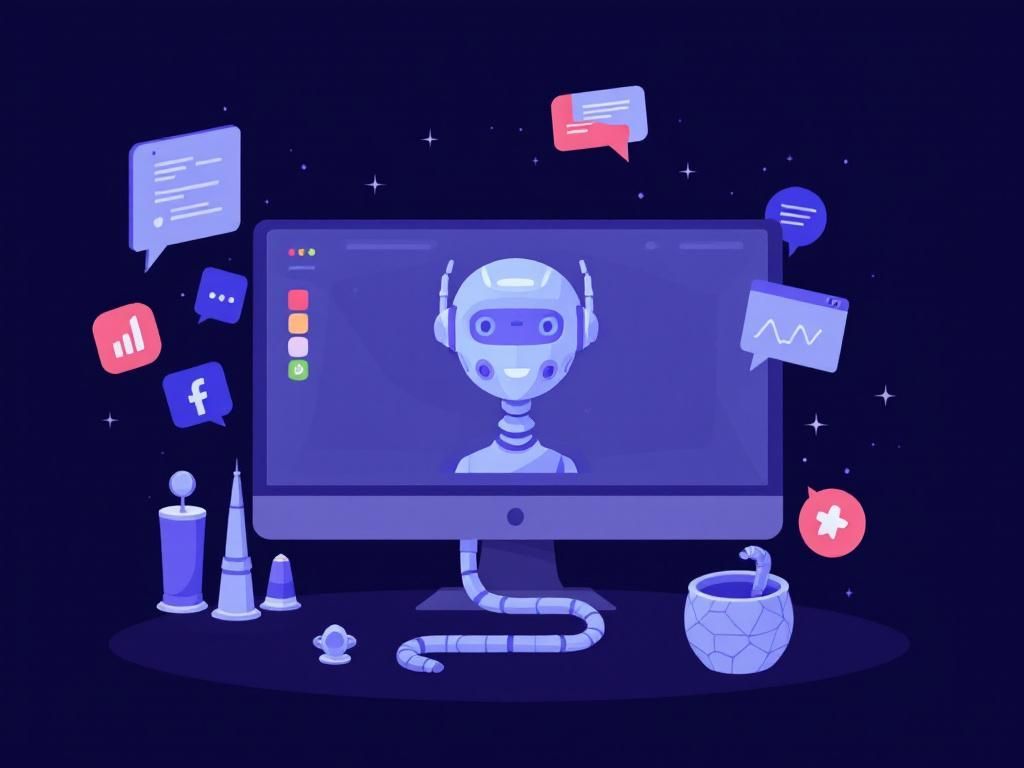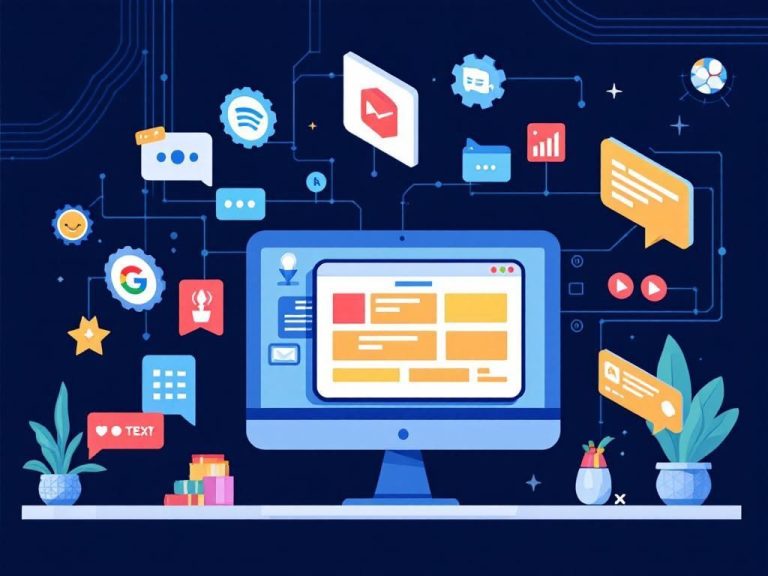As we pave the way towards 2025, the demand for efficiency in our increasingly busy lives has never been higher. With the rise of AI technology, scheduling assistants have emerged as valuable tools that can help us manage our time better. These sophisticated systems use algorithms and machine learning to understand our preferences, optimize our calendars, and even communicate with other applications. In this article, we will explore some of the top AI scheduling assistants that are expected to make waves in the upcoming year, highlighting their features, strengths, and how they can be leveraged for personal and professional use.
Why AI Scheduling Assistants Matter
In a world where multitasking is the norm, individuals and businesses alike face the challenge of managing numerous appointments, meetings, and deadlines. AI scheduling assistants take the burden off users by automating the scheduling process, thereby freeing up valuable time. Here are some key reasons to consider incorporating an AI scheduling assistant into your routine:
- Efficiency: AI can manage complex schedules much faster than humans, minimizing delays and scheduling conflicts.
- Intelligent Learning: These tools learn from user behavior, preferences, and past interactions, improving their performance over time.
- Integration: Many AI scheduling assistants seamlessly integrate with other applications such as calendars, email, and project management tools, providing a holistic approach to time management.
- Cost-Effective: By saving time and improving productivity, these tools can yield a significant return on investment for businesses.
Features to Look for in AI Scheduling Assistants
When selecting an AI scheduling assistant, it’s crucial to consider the features that align with your needs. Here are some of the must-have features:
1. Natural Language Processing (NLP)
The ability to understand and respond to human language is vital for an intuitive user experience. Look for assistants that excel in NLP.
2. Calendar Syncing
Integration with multiple calendar platforms ensures that all your schedules are consolidated in one place.
3. Conflict Resolution
Automated conflict detection and resolution can prevent double booking and scheduling mistakes.
4. Customizable Preferences
Choose an assistant that allows you to set preferences for meeting times, locations, and available slots.
5. Analytics and Reporting
Some advanced assistants provide insights into how your time is spent, helping you make informed decisions.
Top AI Scheduling Assistants for 2025
Based on emerging trends and user reviews, here are some of the leading AI scheduling assistants poised to make an impact in 2025:
1. Clara
Clara is an AI-powered scheduling assistant that uses NLP to understand user preferences. It communicates via email, making it feel like you’re having a conversation with a human assistant.
Key Features:
- Seamless email integration
- Automated follow-ups
- Smart availability detection
2. x.ai
x.ai offers a personal assistant named “Amy” or “Andrew” that can schedule meetings by understanding your preferences and those of your guests.
Key Features:
- Easy integration with calendars
- Supports multiple time zones
- Feedback loops for continuous learning
3. Calendly
While primarily known for its scheduling capabilities, Calendly is leveraging AI to enhance user experience by suggesting optimal meeting times based on historical data.
Key Features:
- Automated scheduling links
- Group scheduling capabilities
- Custom reminders and notifications
4. Microsoft Bookings
Part of the Microsoft 365 suite, Microsoft Bookings is an AI-driven scheduling tool designed for small businesses to manage appointments efficiently.
Key Features:
- Direct integration with Microsoft Teams
- Customizable booking pages
- Mobile app for on-the-go scheduling
5. TimeHero
TimeHero stands out as it combines scheduling with task management, allowing users to plan their day more effectively.
Key Features:
- Task prioritization based on deadlines
- Dynamic scheduling based on available time
- Team collaboration features
Comparative Analysis of AI Scheduling Assistants
To help users make an informed choice, here’s a comparative table of the top AI scheduling assistants:
| Assistant | Key Features | Best For |
|---|---|---|
| Clara | Email integration, automated follow-ups | Individuals who prefer email communication |
| x.ai | Multiple time zones, human-like interaction | Businesses with global teams |
| Calendly | Automated links, group scheduling | Freelancers and small businesses |
| Microsoft Bookings | Microsoft Teams integration, customizable pages | Users within the Microsoft ecosystem |
| TimeHero | Task management, dynamic scheduling | Teams needing task-oriented scheduling |
Conclusion
As we look ahead to 2025, the evolution of AI scheduling assistants promises to simplify our lives even further. By automating the tedious aspects of scheduling, these advanced tools allow users to focus on what really matters – productivity and personal growth. Whether you are a professional seeking to streamline meetings or an individual trying to balance your personal life, there is an AI scheduling assistant out there tailored just for you. The future of time management is here, and it’s powered by AI.
FAQ
What are the best AI scheduling assistants for 2025?
Some of the top AI scheduling assistants for 2025 include Clara, x.ai, and Microsoft Bookings, which offer advanced features like natural language processing and integration with various calendar systems.
How do AI scheduling assistants improve productivity?
AI scheduling assistants improve productivity by automating the scheduling process, reducing back-and-forth communication, and allowing users to focus on more important tasks.
Can AI scheduling assistants integrate with other tools?
Yes, many AI scheduling assistants can integrate with various tools such as Google Calendar, Microsoft Outlook, and project management software to streamline workflows.
Are AI scheduling assistants suitable for businesses of all sizes?
Yes, AI scheduling assistants are suitable for businesses of all sizes, from small startups to large enterprises, as they can adapt to different scheduling needs and team sizes.
What features should I look for in an AI scheduling assistant?
When choosing an AI scheduling assistant, look for features like user-friendly interface, integration capabilities, natural language processing, and support for multiple time zones.


